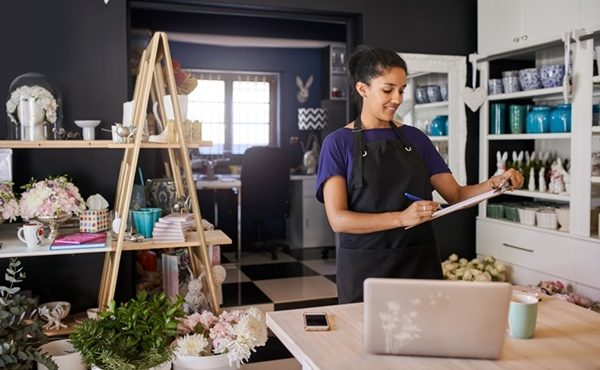While retailers are bracing themselves for the impact Omicron has had on January sales figures, December 2021 sales had a welcome boost compared to the previous year as restrictions eased in time for Christmas.
According to Mastercard SpendingPulse, retail sales across Australia increased 4.6 per cent with household goods the best performing category, up 11 per cent on the previous year.
All states and territories recorded an increase in sales in December compared to the previous year, with Victoria and Tasmania leading the way, both up 8.5 per cent.
However, Australian Retailers Association (ARA) CEO Paul Zahra says sales are likely to be impacted in the new year with Omicron causing significant disruptions.
“The new year has delivered new challenges for retailers in the form of Omicron with tens of thousands of people being forced into isolation every day and that’s taking a huge toll on the industry and small businesses in particular, where just a few absences can wipe out an entire store’s workforce,” he explains.
“Whilst Christmas and holiday spending has held up well in December, and improved on last year, we had yet to reach the peak of Omicron and consumers were feeling more confident while going about their shopping.
“The trading environment has changed significantly this month with positive Covid cases and staff shortages resulting in some businesses having to limit their trading hours or close stores altogether.
“Consumer confidence is at an all-time-low, we’re seeing equally low levels of foot traffic through our major shopping destinations. The hopes of struggling businesses which were banking on a prosperous holiday sales period have been dashed.”
Indeed, new research shows most retailers have a negative business outlook over the next three months as January consumer confidence reaches its lowest point in 30 years. Sixty-five per cent of businesses have up to half of their workforce in isolation.
“Retailers would normally be thriving at this time of year with the post-Christmas sales and people out enjoying their summer holidays, but Omicron has been like a wrecking ball through the retail economy and small businesses in particular are suffering as a result.
“We welcome the easing of close contact isolation requirements for essential food distributors and other industries, but we’d like to see this expanded to broader retail to help with the staffing shortfall. Allowing foreign students to work extra hours is a positive step, along with visa fee rebates, but we need to get more people back to work sooner where it is safe to do so,” Zahra adds.







